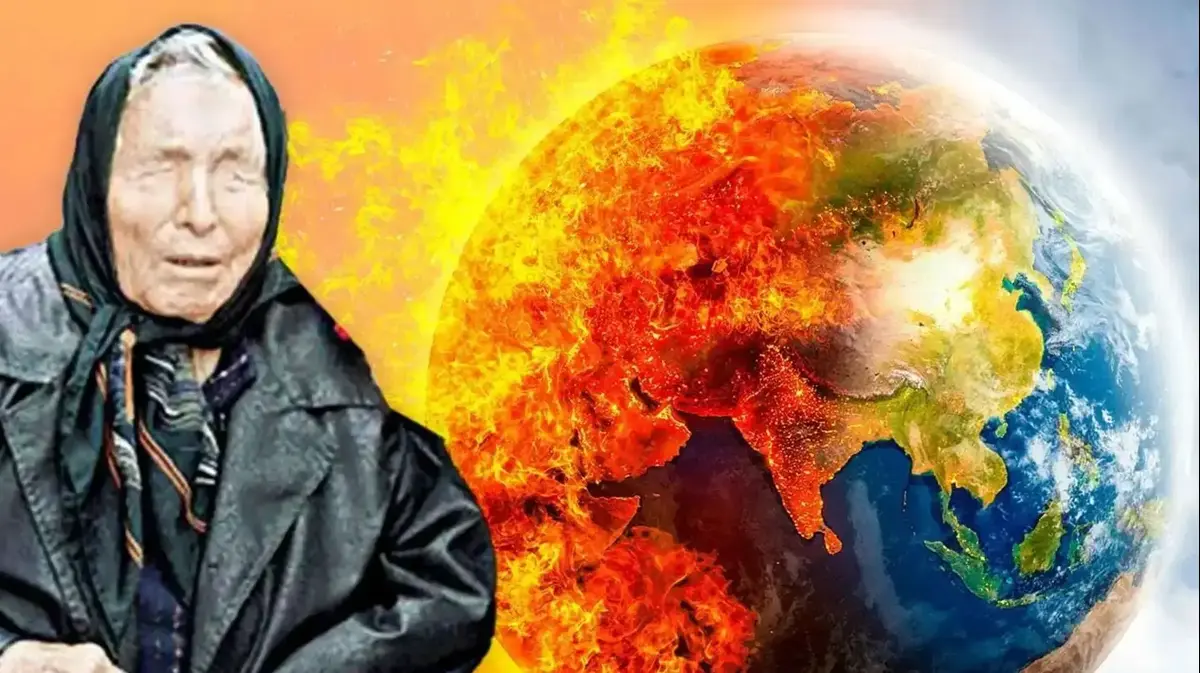Extreme storms are now increasing more and more.
A current study from the USA now shows what next winter in Germany could look like.
Cambridge / Munich - The summer of 2021 brought many storms.
The drought and temperatures above 40 degrees Celsius caused a state of emergency in Italy and Greece.
Even in New York, heavy downpours were recorded at the beginning of September as never before.
Extreme weather has long ceased to be the exception - and a new study from the USA now shows how things could look next winter in Germany.
Extreme winter in Germany: Scientists with initial forecasts
Of course, it is still a bit early for meteorologists to predict exactly how winter 2021/2022 will be.
A current study by the renowned Massachusetts Institute of Technology (MIT) in the USA now has a first inkling of what people in Germany could expect in a few months.
For the calculations, the study by the American scientists refers, among other things, to the ice thickness in the Arctic. A smaller extent of the ice over the Arctic triggers severe storms in the northern hemisphere in winter. The so-called albedo effect is responsible for this: the ice on the Arctic reflects the sun's rays. When there is less ice, however, the sun's rays land in the sea, are absorbed and the temperature rises. Higher temperatures make the polar vortex more unstable, which increases the risk of extreme weather as a result.
Currently, the extent of the ice in the Arctic is not that small.
That is probably due to the comparatively cool summer this year.
One can therefore conclude from this that the winter this year could not have such extreme manifestations as the previous one.
However, the trend over the last few years has shown that the extent of the ice is measurably decreasing.
Extreme winters in Germany: climate crisis as a factor - consequences of global warming
It is known from science that the Arctic is warming much faster than the rest of the world in the course of the climate crisis. The more the Arctic warms, the more likely winters with extreme weather events - i.e. heavy precipitation, storms and continuous rain - become. A fact that scientists, environmental groups and climate activists have been pointing out for years. “In the Arctic, three quarters of the sea volume has already melted in the summer,” said Dirk Notz from the Max Planck Institute for Meteorology. "We will probably no longer be able to prevent the Arctic Ocean from being ice-free in summer at least in some years by 2050."
(apa)














